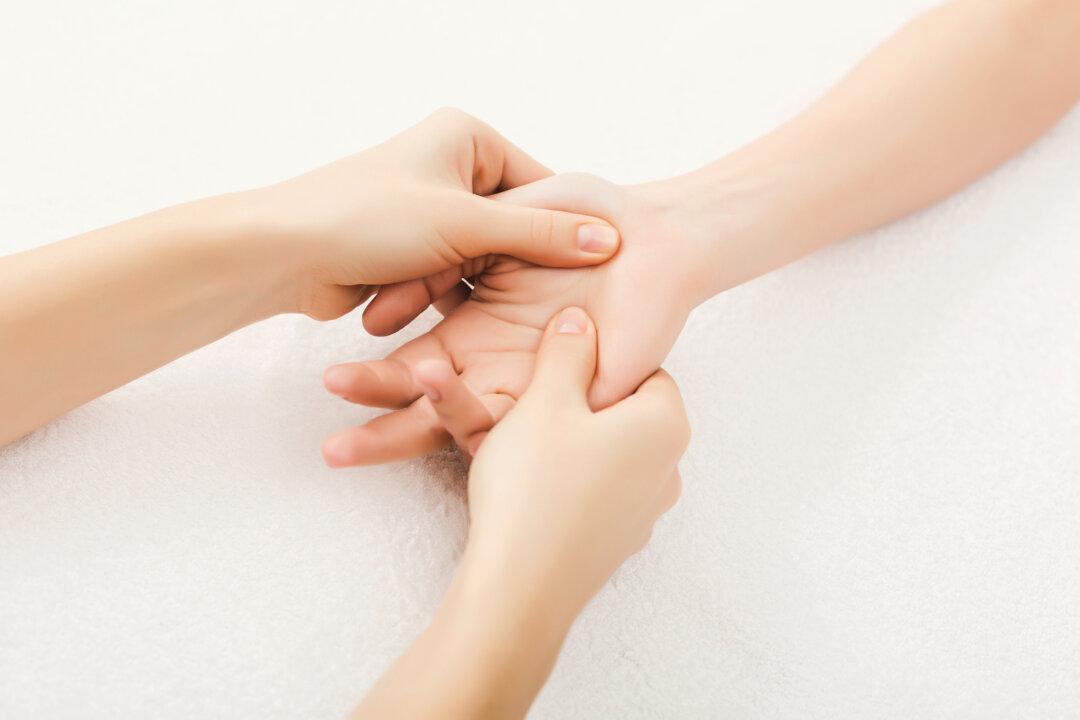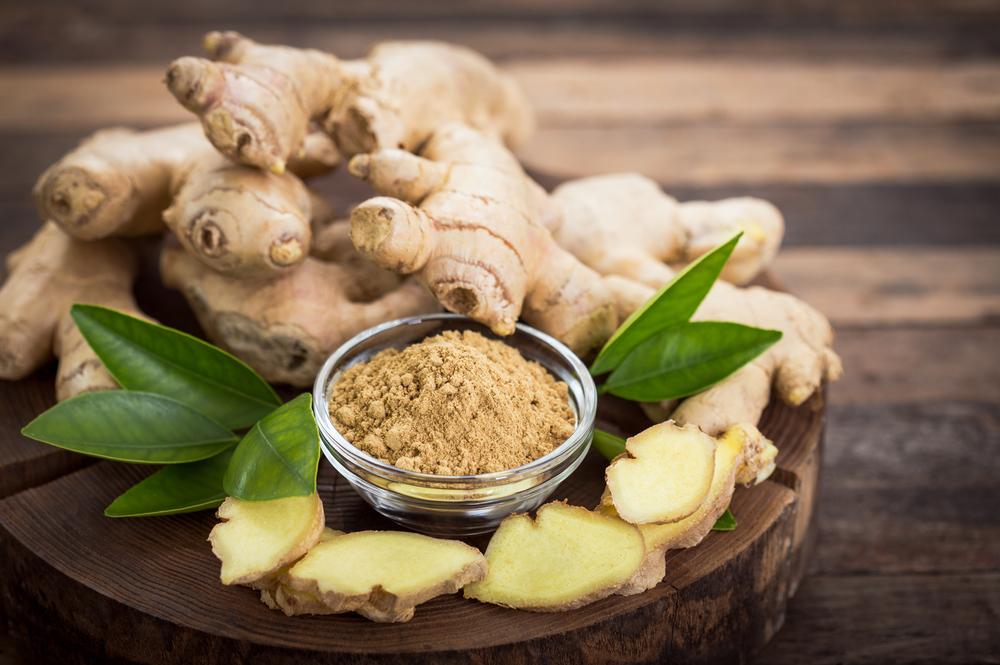Hair loss is not solely attributed to genetics or aging. Factors like hormones, nutrition, stress, and even illness can affect hair quantity. How can we prevent the gradual thinning of hair? In this article, Chen Junru, director of Taiwan Wonderful TCM Clinic, shares six methods to avert a hair loss crisis, along with essential nutritional supplements for promoting thick and dense hair.
Many men face the issue of hair loss or balding in their 30s. Ms. Chen shared a clinical case on the Epoch Times health program “Health 1+1,” in which a patient began treatment in September. After three months of traditional Chinese medicine (TCM) adjustment and acupuncture therapy, the patient noticed the emergence of numerous fine hairs on the scalp, an increase in hair volume, and a significant improvement in the density of hair on the crown.
Ms. Chen mentioned that modern individuals experience increasing stress levels, contributing to a rise in hair loss cases among those aged 30 to 40. Men are affected by male hormones, which often manifest in a receding hairline or the emergence of a bald spot on the crown. In women, hair loss is characterized by a finer and softer hair texture and a reduction in overall hair volume.

The Link Between Hair Loss and Internal Organ Function
According to TCM, meridians are the channels through which energy flows in the human body. They are responsible for transporting qi and blood throughout the body. Qi is the energy that constitutes life within the body, and in TCM, all nutrients that supplement the body are collectively referred to as blood. When there is an imbalance or deficiency of qi and blood in the body, diseases or other conditions may occur.Ms. Chen stated that from a TCM perspective, hair loss is closely related to organ function and can be categorized into four major causes.
In fact, the generation of blood is closely related to the functions of various internal organs, including the heart, lungs, liver, and kidneys. Notably, the digestive system, particularly the spleen and stomach, plays a crucial role in this process.
Essential Nutrients for Maintaining Healthy Hair
Adequate nutritional intake is crucial for maintaining healthy hair. Ms. Chen recommends increasing the intake of the following essential nutrients:- Iron: Iron helps increase hemoglobin production, providing more nutrition to the hair. Food sources with varying iron levels include red meat, cherries, grapes, and apples. Additionally, incorporating foods rich in vitamin C can enhance iron absorption.
- Folate: Folate is required to form blood cells and is predominantly found in vegetables and fruits. Inadequate intake of these foods can affect the production of red blood cells.
- Protein: Incorporating high-quality protein sources, such as eggs, beef, and pork liver, can enhance the strength of the hair.
- Seaweed: Algae foods like nori and kelp, rich in vitamin B12 and iodine, can help prevent anemia and provide ample nutrition for the hair.
- Black-colored foods: In TCM, the color black is believed to correspond to the kidneys. Therefore, incorporating black-colored foods, such as black beans, black sesame seeds, black fungus, mulberries, and black goji berries, can benefit kidney health and, in turn, promote hair growth.
6 Tips to Reduce Hair Loss
Ms. Chen emphasized that minimizing hair and scalp damage is crucial for reducing hair loss. The following tips will help reduce hair loss:- Avoid overly strong shampoos: Human skin has a protective mechanism, and an adequate amount of natural oils protects the scalp from external environmental damage. Excessive cleansing can prompt the skin to produce more oil in an attempt to protect itself. Ms. Chen shared an example of a male patient experiencing hair loss. Upon being told by a hairstylist that his scalp was too oily and might block the follicles from growing, the patient increased his hair-washing frequency to twice a day to reduce oiliness. Ironically, this worsened the scalp’s oiliness due to excessive cleansing.
- Limit the frequency of hair dyeing: Dyeing the hair is a potentially damaging habit that can harm melanin. Ms. Chen stated that one should limit the frequency of hair dyeing in a year. However, the optimal frequency may vary depending on individual hair quality.
- Regularly trim split ends: Getting regular trims for split ends is essential to maintain the hair’s overall health.
- Reduce the use of styling tools like curling irons: Tools that use heat to alter hairstyles can make the hair brittle over time. Preserving the natural essence of the hair is essential for promoting the growth of thick and healthy strands.
- Engage in regular exercise: Physical activity promotes blood circulation, providing hair follicles with more nutrients. Additionally, exercise serves as stress relief, thereby reducing stress-related hair loss issues. Massaging the scalp to release stress and tension can also help reduce the risk of hair loss.
- Ensure adequate sleep: Quality sleep enhances the immune system and improves blood circulation, promoting the health of hair follicles.
Ms. Chen mentioned that one of the most commonly used acupoints is the Baihui point, located at the center of the head, which is particularly beneficial for improving blood circulation in the scalp. Additionally, she recommends massaging the Fengchi point just below the hairline’s posterior edge.

According to TCM, hair loss is believed to be related to the liver, spleen, and kidneys. Therefore, the acupoint Sanyinjiao, where the liver, spleen, and kidney meridians converge, is considered effective for nourishing the kidneys, promoting blood circulation, and dispelling blood stasis. The Taixi acupoint along the kidney meridian is known to enhance blood circulation. Additionally, the Taichong acupoint, located on the top of the foot, can help soothe the liver, regulate qi, and reduce stress, thereby improving the condition of an oily scalp.

Ms. Chen emphasized that, in addition to the acupoints mentioned earlier, there are also the Governing Vessel, Bladder, Gallbladder, Stomach, and Triple Burner meridians on top of the head. Regular scalp massage can stimulate numerous acupoints along these meridians, contributing to addressing hair loss issues.





